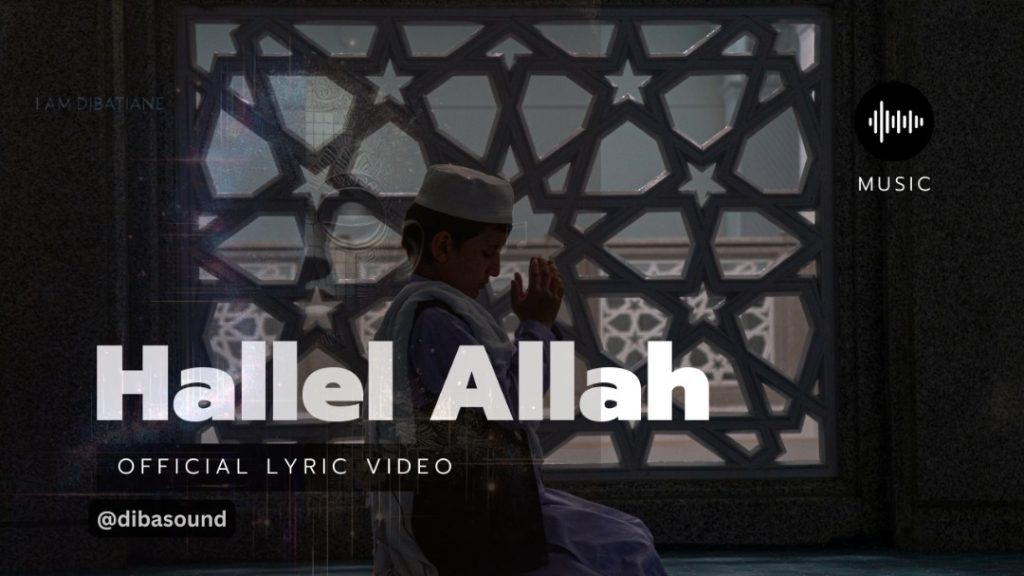In “Hallel Allah,” Diba explores the complexities of human struggle, faith, and the longing for divine mercy in a fractured world. The track combines Afrobeat with elements of jazz, soulful ballads, and symphonic tones, crafting a genre-blending soundscape that feels both timely and timeless.
Diba’s lyricism is emotive and resonant, capturing the profound sense of disillusionment many feel amid global turmoil. Lines like “Prayers rise like smoke, but hope too often dies” convey a poignant struggle for hope against all odds, reflecting universal cries for peace and justice.
The repetitive, almost chant-like refrain of “Hallel Allah, can you hear our plea” reinforces the song’s introspective nature, almost like a communal lament. This call is universal, transcending religious and cultural lines, which makes “Hallel Allah” not only a song of faith but also a social commentary on the collective human condition. The lyric “Trading love for power, consumed by endless greed” is a powerful critique, urging listeners to reflect on societal values and the costs of ambition.

Diba’s fusion of Afrobeat with jazz and symphonic elements represents an exciting future for Afrobeats as it continues to evolve and merge with other global genres. His work suggests a maturing of the genre, showing that Afrobeat is capable of exploring deep social and existential themes beyond the dance floor.
This fusion not only enhances Afrobeats but broadens its appeal, bringing it closer to a global audience that craves both groove and substance. If “Hallel Allah” is any indication, Diba’s artistry is poised to push Afrobeats into new, profound territories, infusing it with a message that resonates on a deeply human level.


